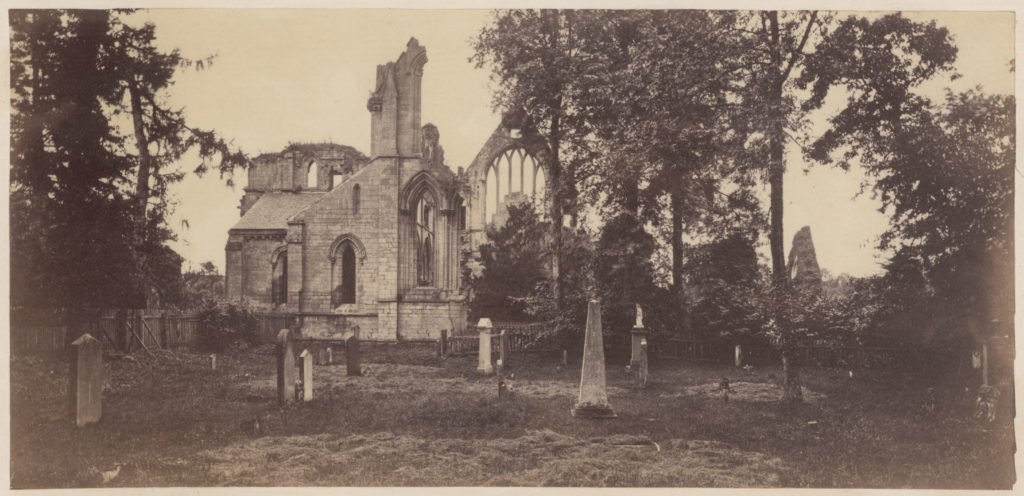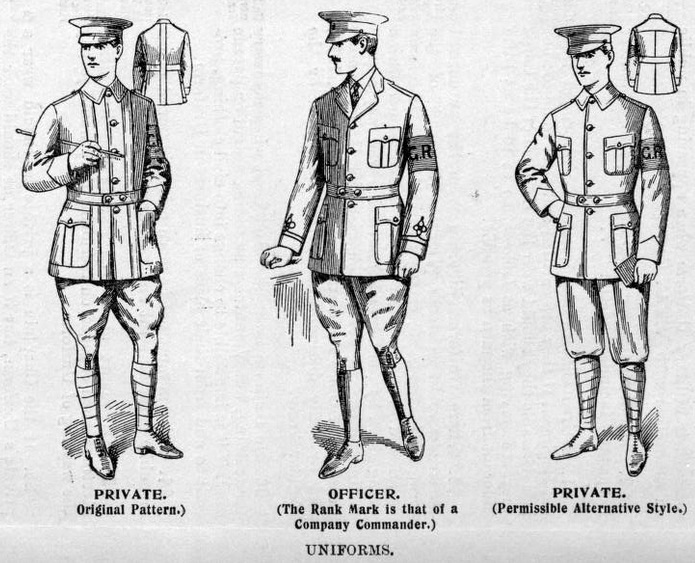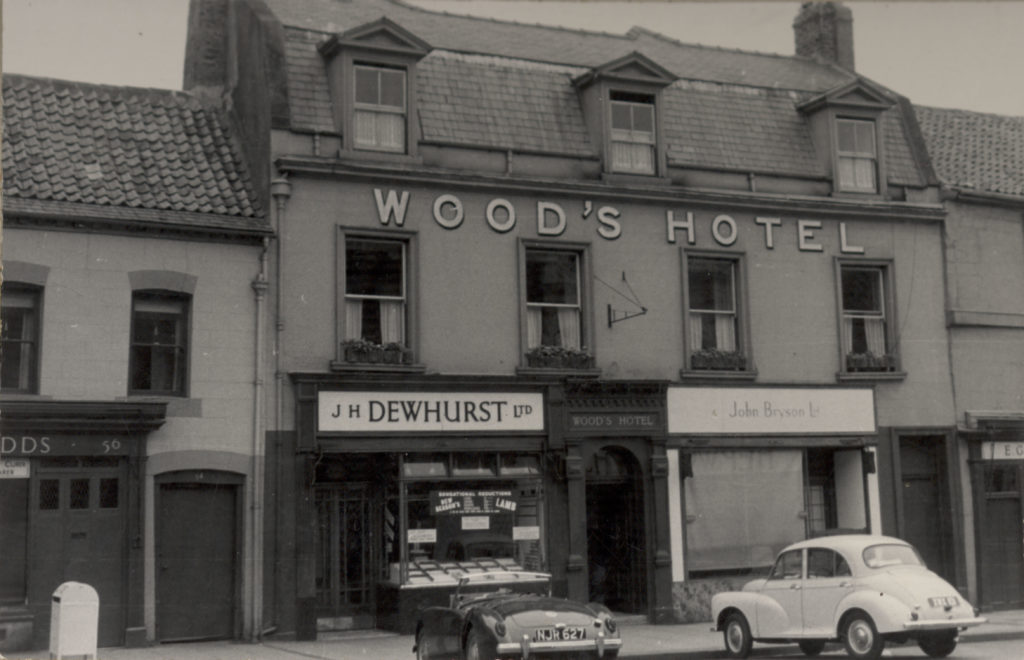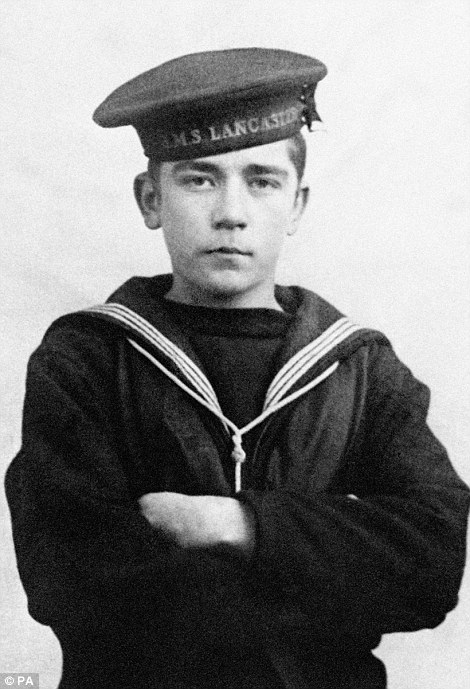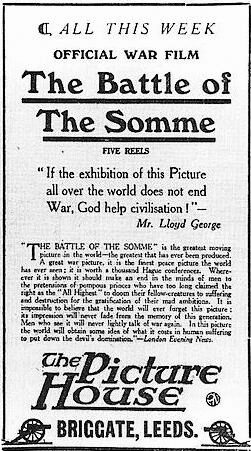BERWICK ADVERTISER, 17 NOVEMBER 1916
LOWICK’S HEAVY TOLL
The inhabitants of Lowick and the near vicinity have reason to remember these last two months, because the horrors of the great war has never been brought so closely, when five of its gallant young lads have since September, paid the extreme sacrifice by giving their lives in the great struggle for existence. Although they did not reside in the village, their homes were so near that a great deal of their leisured time was spent in it. They all had most of their schooling in the village schools, and it seems but yesterday since we remember them playing in the streets. We have watched them grow from youth to manhood, and also when they went forth at the call of duty, loyal to the core, and thoroughly determined to assist the motherland to conquer and defeat the treacherous enemy who has steeped Europe in blood. In the days to come Lowick will be proud of her heroes and proud of the noble sacrifices they have made. Today there is nothing but sorrow and anguish, and the sympathy of the whole village and district, where they were so well known, goes out to the bereaved parents.
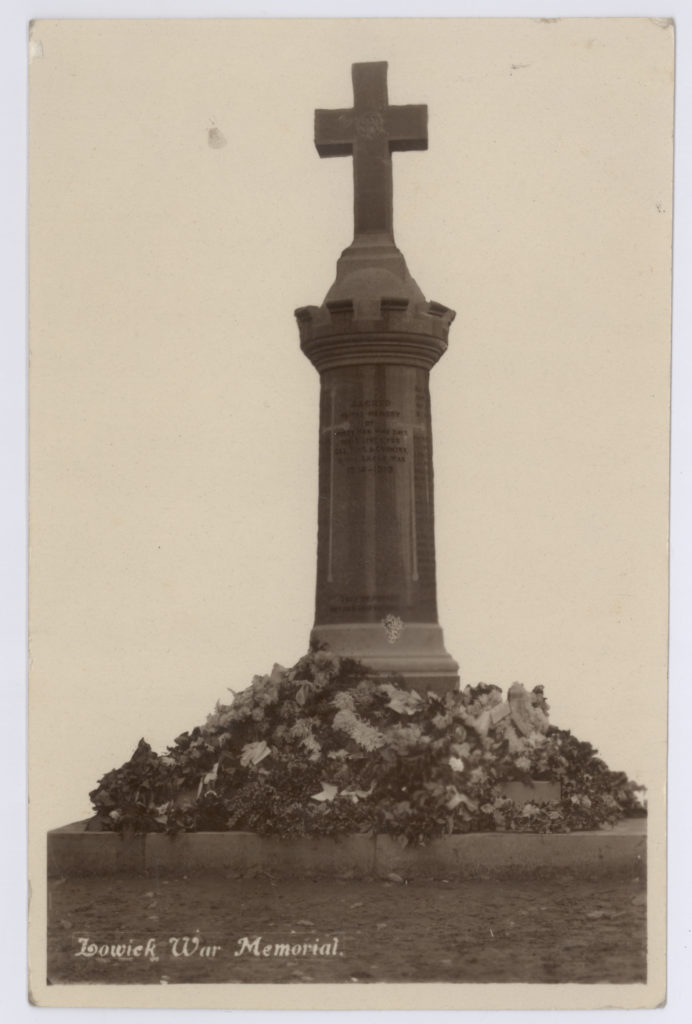
Lance Corporal G. Stothart, son of Mr T. Stothart, Hetton Lime Works farm was the first to fall, and following closely on the fateful 15th September, private R. Foster, son of Mr R. Forster, Commercial Hotel, Lowick, and then Private James Fairbairn paid the toll. The photos and careers of these lads have already appeared in the “Advertiser,” and its it with great regret we publish this week the photos of Private T. Young and Lance Corporal W. C. Milburn, who fill soldiers’ graves.
COMPLAINT AGAINST GREEDY FARMERS
Glendale,
November 14th, 1916
Sir, – I trust you will permit me a little space in your valuable paper, in order to bring to the notice of the public at large, the mean manner some farmers in the neighbourhood of Wooler are treating their men of eligible age for the Army. As is well known, when any man is engaged to a farmer for the ensuing year, the wage agreed upon is partly made up with extras, for instances- so many potatoes, corn, etc., and it is the custom, when the potatoes are lifted, for the man to receive the quantity agreed upon at once.
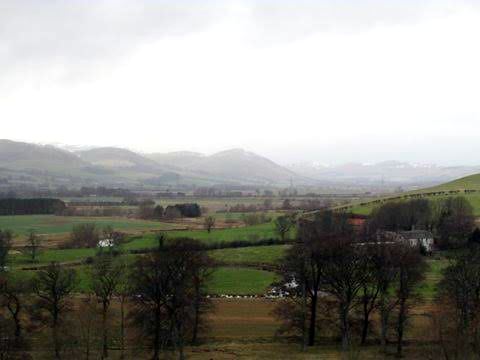
Glendale Area, Northumberland (c) John Box
Instead of doing that, these farmers in the case of those military age, are keeping back several bags of potatoes in case they lose their services in January. This, sir, is what only can be termed “the limit of meanness, “ and have these same farmers lost anything by the war? Most emphatically – No! Rather they have gained, judging by all appearances. These few farmers, and we may be thankful that upon the whole they are in the minority, if they have a spark of decency left, will surely act in a sportsman-like manner and give their men their due at once. A few bags of potatoes surely won’t ruin these farmers, but it does mean a lot to the working man who has a hard struggle to make ends meet, especially in these times.
I am, yours etc.,
FAIRPLAY.
LOCAL NEWS
Russia’s Day – A handsomely carved mahogany, gilt, and enamelled bed plate is on exhibition in the window of Mr R. Robertson, guilder, etc., Hide Hill, Berwick. It is intended that this handsome plate, which symbolises the Borough seal and arms, and contains on a scroll a suitable inscription in Russian, should be affixed to the Berwick bed, which was gifted to Petrograd Hospital as a result of Russia’s Day collections in Berwick on April 15th, 1916. The plate bears the following inscription in Russian, “The gift of Berwick on Tweed to Petrograd.” The medallion plate was carved and decorated at the expense of the Committee of Berwick European War Relief Fund.
Efficacy of the “Berwick Advertiser.” – Just the other week the “Advertiser” was the means of bringing two local soldiers together in a ward at Wharncliffe Military Hospital, Sheffield. A Berwick lad had just finished reading his weekly copy when a cheery North country voice hailed him. The paper had caught the eye of a Scremerston lad, also an inmate of the Hospital, and with the readiness of the “Tommy” a friendship was soon set up. Not only, however, in the hospital and training camp can the “Advertiser” be found, but out in France within sound of the guns it is passed round amongst Border men as a general and personal message from home.
Interesting Connection with Berwick. – A paragraph which appears in a Newcastle daily paper this week, recalls an interesting connection with the ancient Border town. The paragraph alluded to refers to the destruction of illicit distilleries a hundred years ago, and is as follows: – On Saturday all the illegal distilleries on the islands in Loch Lomond were destroyed by the boats and crews of the Prince of Wales revenue cutter, and the new revenue boat stations at Luss. These distilleries have been wrought for years back and have employed above a hundred persons. It should be mentioned that Captain John Turner Curry was in command of the Prince of Wales revenue cutter referred to, and that he was a freeman and native of Berwick. It was he who built the house on the ramparts known as the Lions, and which is such a familiar edifice when viewed from the meadows or cliffs.
Mayor’s Sunday – Following the time honoured custom, the Mayor (Ald. J. W. Plenderleith) and the Sheriff (Mr Matthew Ross) attended divine service in the Holy Trinity Church, Berwick, on Sunday. There was a fair attendance of Aldermen, Councillors, officials and prominent townsmen present at the Town Hall, and at ten fifteen the gathering, headed by the Sergeants-at-Mace, marched in procession to the place of worship.
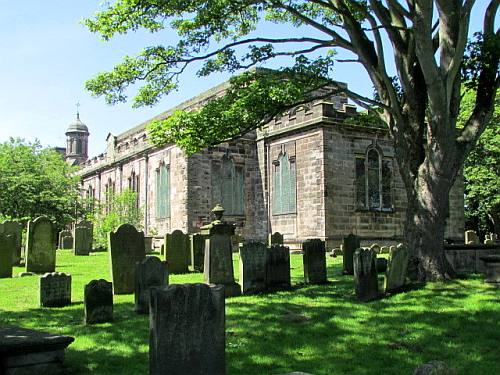
A large and representative congregation was present in the church, and listened to a most able and instructive address by the Vicar of Berwick (Rev. R. W. de la Hey). Seventeen pupils from the Boys’ National School were present and answered the customary questions from the Catechism. The boys examined in their knowledge were Andrew Fife, John Hay, Robert Henderson, George Henderson, Robert Jamieson, Peter Jameison, John Kerr, James Leitch, Wm. McCallum, Duncan McCallum, Wilfred Patterson, William Piercy, Edward Rutherford, John Scott, William Skelly, Frank Stothart and Geo. Swinbank. After the service the company returned to the Town Hall, when the Mayor in a few well-chosen words, thanked all for the pleasure of their company.


